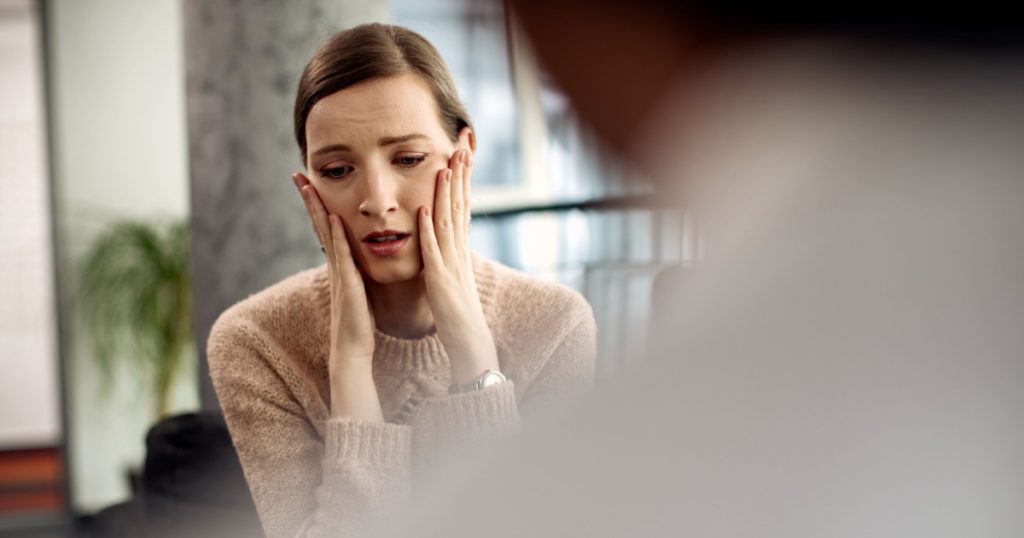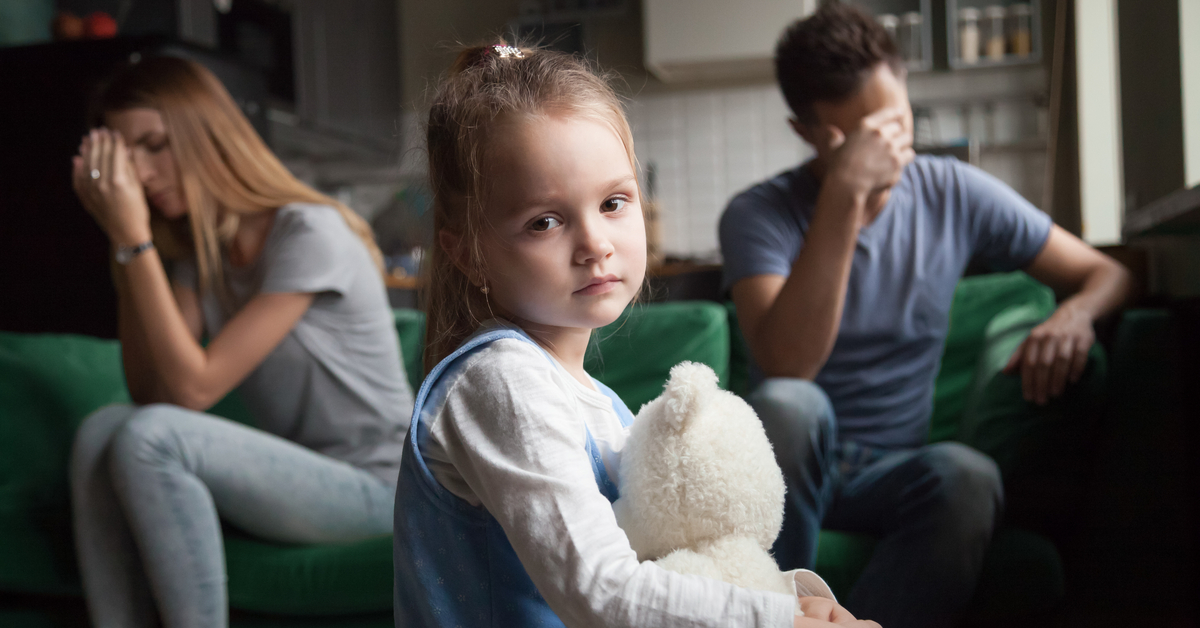There is nothing like family. They are always there during the good times and the bad, in sickness and in health. Our families are the first relationships we have until we form alliances with other people. So, what happens when your family isn’t right for you? What happens when you have a toxic family?
They say no one is born with a hatred for others
This is an emotion we learn as we grow up by watching those around us. This is one of the many ways our families influence the adults we become. Since we learn most of our fundamental values and behaviors from our parents and close family members, they are often responsible for negative behaviors like low self-esteem, anxiety, and the inability to show emotions. This situation is made worse in cases where a family member’s egoism or a parent’s indifference toward their child affects the way the child feels and makes a significant impact on their childhood development.
Read: This Is Why It’s Completely Fine To Cut Off Toxic Family Members From Your Life
Children who are faced with this situation may begin to criticize themselves and experience extreme feelings of loneliness or helplessness. In some cases, they may also grow up with mental or psychological issues as well as problems in their social lives. [1] The road to recovery starts with understanding; here are five signs that your family is toxic to you.
5 signs that your family is toxic for you:
1. You harbor an innate fear of being manipulated

Most toxic relationships involve one party emotionally abusing another through manipulation. This can make the person affected feel like they can’t trust the people around them, preventing them from having healthy, wholesome relationships.
2. You find it difficult to trust people or engage in social interactions

As we said earlier, the environment you’re born into or grow up in plays a significant role in your behavior. People who grow up in a manipulative or tense situation may experience emotional abuse to the point that they are unable to trust people or engage in social interactions later in life.
When you grow up without the necessary support or in a family where you feel like you always have to be on guard, it can become difficult to stop yourself from slipping back into this state. This will make it difficult to trust other people or open up to them. [2]
Read: Why Toxic People Will Never Admit They’re Wrong
3. You have a hard time accepting failure

When you have been told you’re not good enough for long enough, you start believing it, leading to feelings of hopelessness and worthlessness. This effect is compounded in families where parents make excessive demands on their children and blame them for not measuring up.
Read: Cutting Ties With Your Family Members Is Completely Fine, and Here’s Why
4. You feel anxious all the time

Anxiety disorders are a growing group of mental disorders affecting modern society that are exacerbated by psychological and physical trauma, family instability, and a lack of security. Children who grow up in high-strung homes may develop anxiety disorders and may experience intense feelings of worry, anxiety, irritation, and restlessness. [3]
Read: How Did Demi Moore Survive Her Toxic Marriage With Ashton Kutcher
5. You always feel helpless around your parents

Irrespective of what you grow up being or achieving, you always feel like you don’t measure up to your parents’ expectations. If you harbor this feeling, you may have grown up with toxic parents. Toxic parents always seek to control and command their children, no matter how old they get. They may do this by treating them like helpless infants unable to survive without them or may feign offense to make their child feel guilty if they face any resistance. [4]
Signs that you are healing from a toxic childhood
After identifying the signs of growing up in a toxic family, it is time to begin the healing process. Healing, in this case, means “to make whole” or to return to an undamaged state where you don’t harbor any of the above signs anymore. [5]
You can access your progress and determine whether you’re healing:

When you start to notice that you’re getting better at identifying how you feel and recognizing red flags and how you react to them.
Read: How a parent’s affection shapes a child’s happiness for life
Blaming yourself stops

You stop blaming yourself whenever things go wrong; you begin to understand that you are not responsible for every negative thing that happens around you.
Your confidence grows

You don’t second-guess yourself or fret about your decisions, and you develop self-confidence. You are able to express how you feel without worrying about how you sound to others. Finally, you recognize, label, and dismantle triggers, making you much less sensitive to rejection or slights.
Keep Reading: How Did Demi Moore Survive Her Toxic Marriage With Ashton Kutcher
Sources
- “Unseen Wounds: The Contribution of Psychological Maltreatment to Child and Adolescent Mental Health and Risk Outcomes .” American Psychological Association. Joseph Spinazzola and Hilary Hodgdon, Li-Jung Liang, Julian D. Ford, Christopher M. Layne and Robert Pynoos, Ernestine C. Briggs, Bradley Stolbach. 2014.
- ” Behavioural consequences of child abuse.” NCBI. Can Fam Physician. August 2013.
- ” Invisible Scars: Verbal Abuse Triggers Adult Anxiety, Depression.” Science Daily. Florida State University. May 22, 2006
- “12 Signs of Healing from a Toxic Childhood.”Psychology Today. Peg Streep. August 9, 2019.
- “Psychopathology of Abused Children.”Science Direct. Arthur H.GreenM.D. January 4, 2010.

